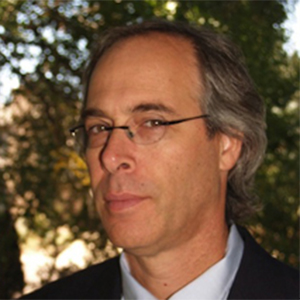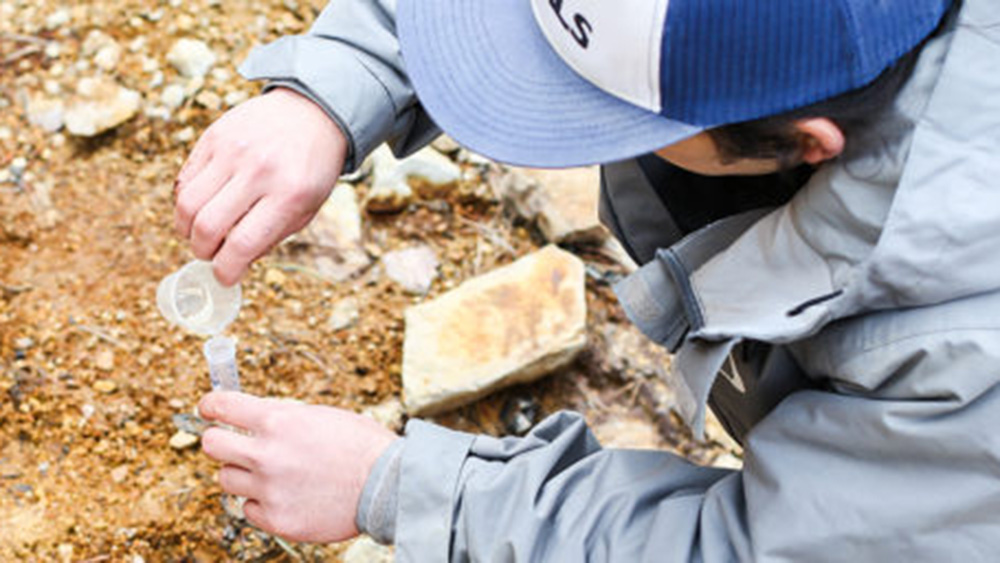Civil Engineering
Bachelor’s Degree
Build your future at Mines
The Bachelor of Science in Civil Engineering program at Colorado School of Mines prepares undergraduate students to design, construct and maintain the built environment. This includes buildings, roads, bridges, tunnels, dams, water treatment facilities, and other structures that are essential for a functional and thriving society.
After completing core courses in math, basic sciences, engineering sciences and engineering design principles and practices, students are exposed to the full breadth of civil engineering subfields. From there, they will pursue specialization via electives in geotechnical engineering, structural engineering, construction engineering, water resources, environmental engineering, and other disciplines. All students participate in a culminating capstone design course where they apply their technical knowledge and skills to a real-world design project.
A robust “4+1” BS/MS program smoothly transitions interested and qualified students into a master’s degree with further focus and professional opportunities.


Experiential major menus
Uniquely tailored to your undergraduate major of choice, these menus offer a wide array of extra-curricular activities that complement and enrich the traditional classroom experience.
Explore the extra-curricular activities that complement your degree.
Civil Engineering at a glance

Hands-on learning labs, such as our PFAS lab

Extensive undergraduate research opportunities

Smaller cohorts with low faculty-to-student ratio

Combined degree program – earn your BS/MS in just five years
Desired Student Outcomes
- An ability to apply knowledge of mathematics, science, and engineering
- An ability to design and conduct experiments, as well as to analyze and interpret data
- An ability to design a system, component, or process to meet desired needs within realistic constraints such as economic, environmental, social, political, ethical, health and safety, manufacturability, and sustainability
- An ability to function on multidisciplinary teams; (e) an ability to identify, formulate, and solve engineering problems
- An understanding of professional and ethical responsibility
- An ability to communicate effectively; (h) the broad education necessary to understand the impact of engineering solutions in a global, economic, environmental and societal context
- A recognition of the need for, and an ability to engage in lifelong learning
- A knowledge of contemporary issues
- An ability to use the techniques, skills, and modern engineering tools necessary for engineering practice
Area of Special Interest
- Civil Engineering
Minor Available
- Structural Engineering
Possible career areas
- Environmental remediation
- Hazardous waste management
- Pollution control
- Soil engineer
- Wastewater treatment
Typical work for environmental engineers
- Prepare, review, and update environmental investigation reports
- Design projects that lead to environmental protection, such as water reclamation facilities or air pollution control systems
- Obtain, update, and maintain plans, permits, and standard operating procedures
- Provide technical support for environmental remediation projects and for legal actions
- Analyze scientific data and do quality-control checks
- Monitor the progress of environmental improvement programs
- Inspect industrial and municipal facilities and programs in order to ensure compliance with environmental regulations
- Advise corporations and government agencies about procedures for cleaning up contaminated sites

Faculty Spotlight
Dr. Tzahi Cath
Dr. Tzahi Cath serves as the Ben L. Fryrear Professor in Civil and Environmental Engineering. Having earned his PhD from the University of Nevada, Reno, Dr. Cath teaches a variety of civil and environmental engineering courses at Mines with a focus on water and wastewater treatment.
Working closely with his students, Dr. Cath explores a variety of topics related to wastewater management, including desalination, the use of byproducts for bio-energy production and the use of commercial and novel membrane processes.
Making Mines more affordable
Mines’ financial assistance program awards more than $60 million per year, and over 82 percent of the student body receives some form of financial aid.


Why study civil engineering at Mines?
Colorado School of Mines is recognized as one of the nation’s top civil engineering schools. With hands-on lab training, ample undergraduate research opportunities, and an esteemed faculty dedicated to your success, it’s no wonder so many students choose Mines to pursue their goals of becoming a civil engineer. Earning your civil engineering degree with Mines will set you apart from the competition in more ways than one.
Why do so many students choose Mines?
- Extensive opportunities for undergraduate research
- Access to cutting-edge research labs and resources
- Low faculty-to-student ratio for more one-on-one learning
- Hands-on learning in our soil lab, PFAS lab and more
- Study at one of the nation’s top engineering schools
- Live in scenic Golden, Colorado in the foothills of the Rocky Mountains

Career Outcomes
Many of our incoming students commonly ask: what does a civil engineer do? The field of civil engineering ins incredibly broad and diverse. In fact, there are more licensed civil engineers in the United States than any other field of engineering. Simply enough, as long as we continue to rely on the structures that build our societies, civil engineers will continue to be in high demand.
Within the field of civil engineering, there are many specialized types of engineers. Some of the most common include:
- Structural engineer
- Geotechnical engineer
- Construction engineer
- Engineering surveyor
- Water resource engineer
At Mines, we provide our undergraduate students with a comprehensive education in civil engineering so that they can determine which specific path is right for them.

Aidan Lewis
“I have found that Mines lives up to my expectations and there are many things I love about the school I never expected. I greatly appreciate the collaborative nature or the coursework, the positivity of being surrounded by people who are serious about learning and the relatively relaxed and outdoorsy Colorado attitude. Of course, what you care most about from your college experience may be different from what I cared about. Still, I think so long as you have an interest in engineering or a related STEM field of study, there is a good chance Mines is a good choice for you.”
Aidan Lewis
Civil Engineering Student